The tongue diagnosis (Jihvā-parīkṣā) has been a part of āyurvedischen diagnostics for several centuries. It is usually listed as a part of the so-called "Diagnosis of the eight localizations" (aṣṭasthāna-parīkṣā). The diagnostic evaluation of the tongue is carried out within the framework of the systematics of āyurvedischen science. Within this framework, a thorough examination of the tongue helps to diagnose both the Doṣa constitution (Doṣa-Prakṛti) and a possible imbalance (Vikṛti). In addition, the tongue diagnosis provides valuable information on the state of the metabolic force (Agni) and a possible strain on the metabolism (Āma strain). Tongue diagnosis is also quite easy to perform and has little adverse effect on patients. The practical procedure for tongue diagnosis as well as the evaluation of typical findings are presented in this paper. In a short outlook the tongue diagnosis is then classified into the overall complex of āyurvedischen diagnostics.
Summary:
The "diagnosis of the tongue" (Jihvā-parīkṣā) has for several centuries been part of āyurvedic diagnostics. It is mostly enumerated as one criterion of the so-called "diagnosis of eight localisations" (aṣṭasthāna-parīkṣā). The diagnostic evaluation of the tongue takes, of course, place within the framework of the āyurvedic system. A thorough examination of the tongue in this context helps to diagnose the constitution (Doṣa-prakṛti) as well as a potential imbalance (Vikṛti). In addition, the diagnosis of the tongue supplies information on metabolic strength (Agni) and possible accumulation of undigested metabolites (Āma). Furthermore, the tongue-diagnosis is easy to perform and hardly incommoding for the patient. The practical procedure of tongue-diagnosis and typical features will be discussed in this presentation; a short perspective shall place tongue-diagnosis in the larger context of āyurvedic diagnostics.

Rosenberg Ayurveda and Wellness-Consulting AG
European Academy for Ayurveda Switzerland
Büelstrasse 17
CH-6052 Hergiswil NW
info@ayurveda-symposium.org
Newsletter
* I have the Privacy policy taken note of. I agree that my details and data for answering my enquiry are collected and stored electronically.

2024 © Rosenberg Ayurveda Academy gGmbH